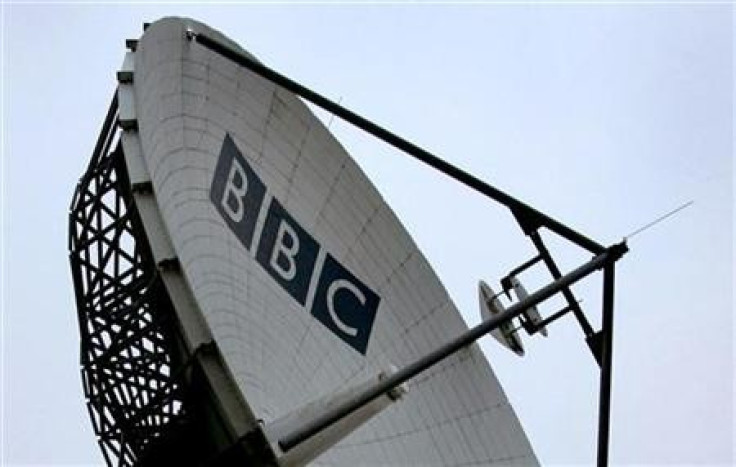BBC Apologises to Darcus Howe over “Accusations of Rioting” [VIDEO]

The BBC was forced to apologise to those offended by a "poorly phrased question" asked to Darcus Howe, a West Indian writer and broadcaster, about the London riots, after receiving complaints from viewers.
Howe, an activist and columnist for "The Voice," appeared on BBC News 24 to discuss the cause behind what he called an "insurrection of the masses."
During the interview, Anchor Fiona Armstrong asked Howe whether he had participated in any riots: "You are not a stranger to riots yourself I understand, are you? You have taken part in them yourself?"
"I have never taken part in a single riot. I've been on demonstrations that ended up in a conflict," Howe said, clearly agitated by the question. "Have some respect for an old West Indian negro and stop accusing me of being a rioter because you wanted for me to get abusive. You just sound idiotic - have some respect."
The BBC said it received complaints from viewers who found Armstrong was "rude" during the interview.
"We forwarded concerns on this issue to BBC News Channel Editors and while they accept that this interview was not ideal, they stressed that the presenter did not intend to show Mr. Howe any disrespect and the questions were simply intended to gauge his reaction to the events in Croydon the night before," a release said.
"The interview included a poorly phrased question about rioting. This can and does happen on occasions during live interviews and was compounded by a number of technical issues during the interview which led to the presenter and Mr. Howe talking over each other."
"While Fiona Armstrong was trying to make a general point about protests, we'd like to apologise for any offence that this interview has caused" said the BBC.
Meanwhile Darcus Howe has welcomed the apology, The Voice reported.
"I welcome the apology," said Howe, the Voice reports.
"I would have sued if they didn't apologise," said Howe. "...I would have sued if I felt it was spite or malice but a lot them (BBC employees) know me and sent messages saying they were sorry. It was a miserable mistake."
© Copyright IBTimes 2024. All rights reserved.





